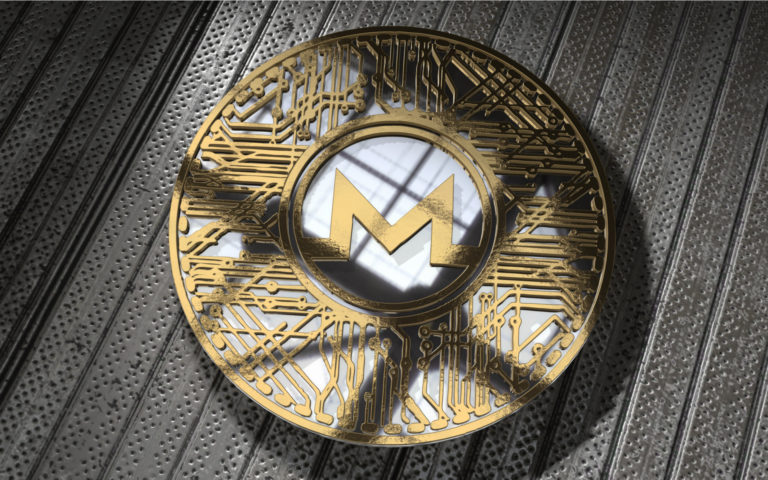Bitcoin has always been known to be anonymous with its transactions, therefore, making it difficult to trace. But how difficult is it to trace a Bitcoin transaction compared to a Monero transaction? Cybersecurity author Andy Greenberg reveals this in an interview with prominent crypto journalist, Laura Shin.
Using Alphabay, a market on the darknet, as a case study, Greenberg said, “Alphabay came back online and now only accepts Monero.” This means the darknet market was able to rise back and continue operation after finding a more suitable private way to accept payments.
Monero Harder To Trace Than Bitcoin?
No doubt, Bitcoin transactions can be so anonymous one would find it hard to know the sender or the receiver gave the asset method of using a public address mixed with random numbers and letters. However, Monero transactions are more private as its transactions are hidden for anyone looking on the block explorer with only a Monero address.
Over the past years, there have been more cases of Bitcoin transactions being tracked down. Though the transactions do not show the sender and recipient’s names, it is recorded on a public ledger where the wallet’s address and the amount received are revealed on the block explorer.
According to Greenberg, Monero’s privacy features make it “far far harder” to trace than Bitcoin has ever been. Compared to Bitcoin, XMR tangles up transactions and hides the amount involved making it difficult for law enforcement or anyone to track the payments of the asset.
“It may seem that this golden age of cryptocurrency tracing is coming to an end and that people are wising up but I think it’s maybe just accurate just to see it as another phase, another step in this cat-and-mouse [crypto tracing] game,” said Greenberg.
Is XMR Traceable At All?
While XMR won the debate of most non-traceable transactions, Greenberg in another interview with Paul Ducklin indicates that does not mean the assets’ transaction is not traceable at all. According to Greenberg citing a leaked Chainalysis document, Monero transactions can be traced in 60% of cases to get a usable lead. This revelation has questioned the common belief of Monero being an entirely non-traceable asset.
The leaked Chainalysis document which tells Italian law enforcement they can trace XMR transactions in the majority of cases, suggests that while Monero transactions are indeed difficult to trace, it is definitely not impossible.
Notably, Monero’s privacy features have made it not only famous in the crypto community but also among individuals and groups involved in illicit activities. With reports now having it that the assets transactions may not be that impossible to trace, the act of using cryptocurrency for illegal purposes may just be another shaky alternative.
Meanwhile, over the past 24 hours, the Monero token also known as XMR has been in a bullish trend up by 1.1% along with the rest of the crypto market. At the time of writing, Monero currently trades at $152 after falling from a high of $186 on January 29.
Notably, despite XMR’s significant surge since the beginning of the year after the ubiquitous bearish trend last year, XMR is still down 71% from its all-time high of $542 seen 5 years ago on January 9, 2018.
